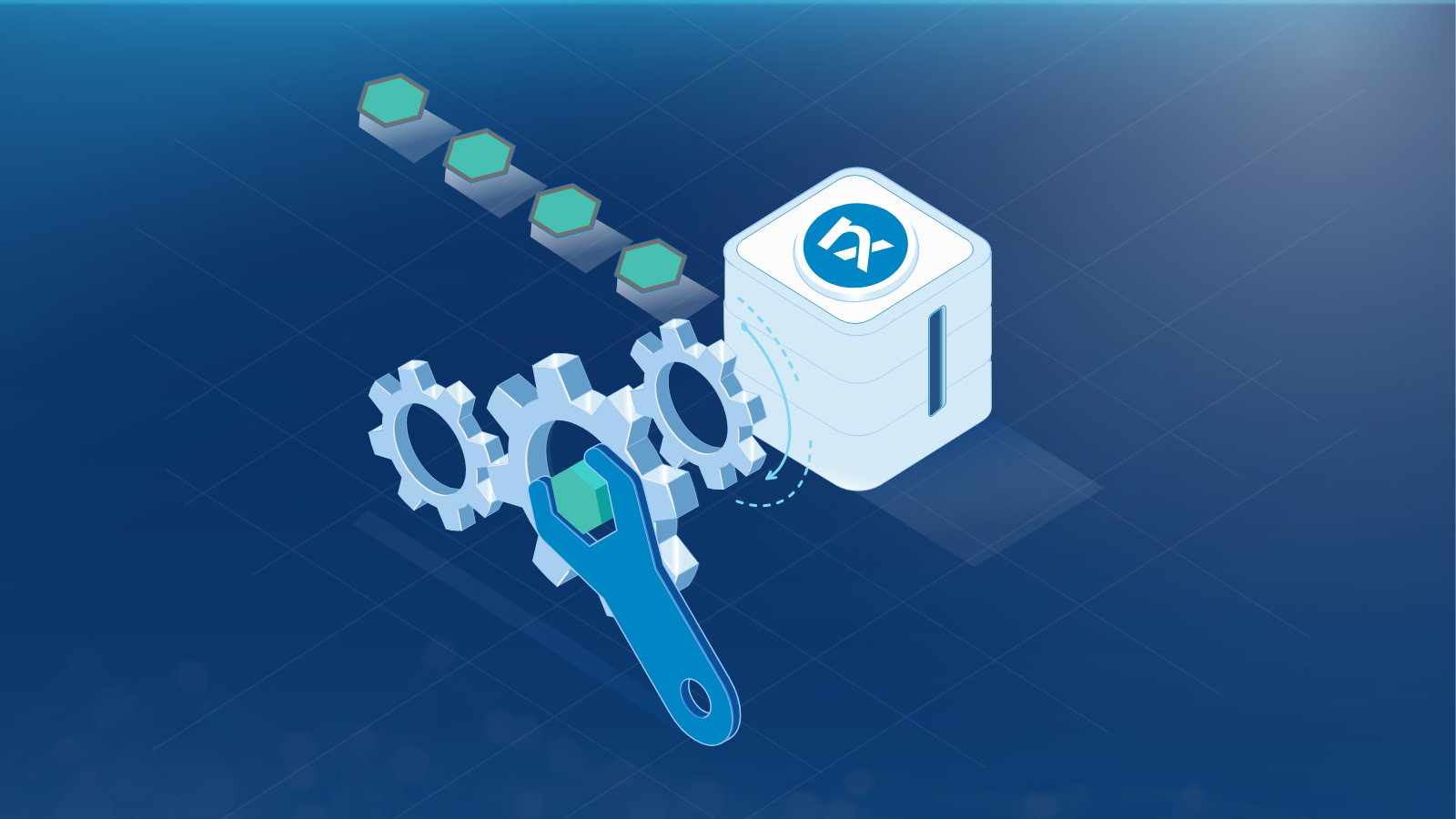Data format chaos costs you weeks of visibility
Why the federal agency breach shows that standardized telemetry formats aren’t optional anymore
When CISA analyzed the federal agency breach that went undetected for three weeks, they identified a familiar pattern: EDR alerts existed but weren’t continuously reviewed. Security teams had visibility tools, but critical signals got lost in the noise.
What the advisory doesn’t detail—but every security practitioner knows—is the infrastructure nightmare hiding behind that simple statement. Those unreviewed alerts likely came from dozens of sources, each speaking its own dialect of security telemetry.



